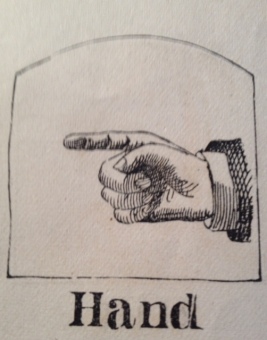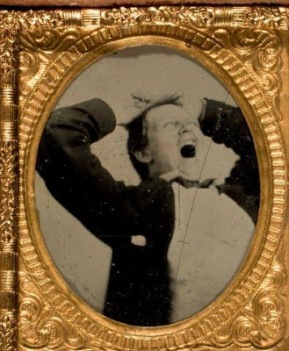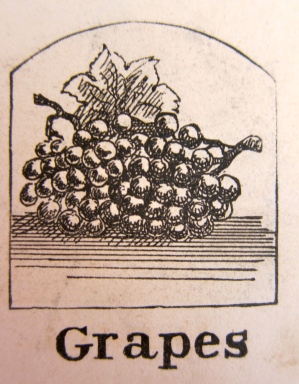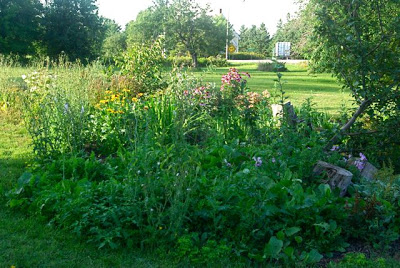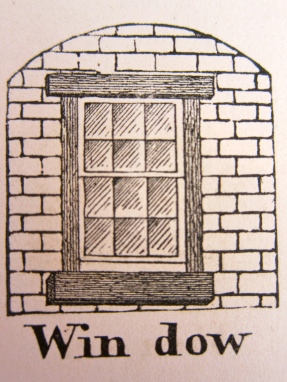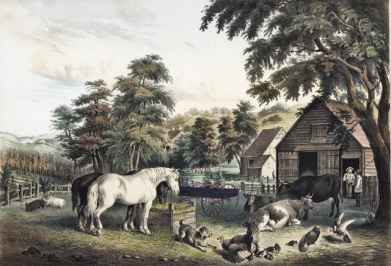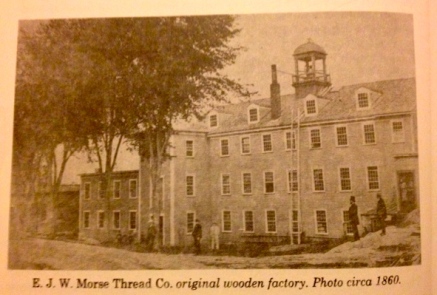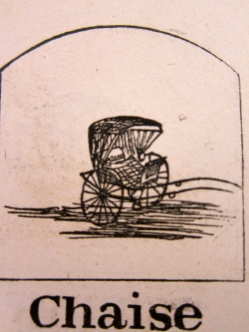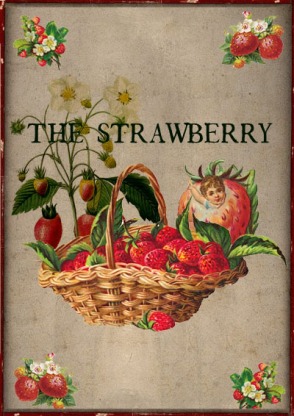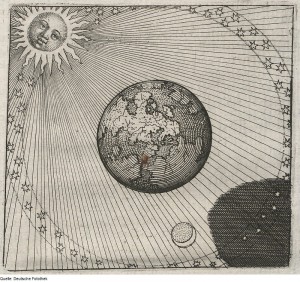1851
June 30 Monday Jane has been washing to day but I
have done but very little of any thing. having a
very sore finger & thumb it is quite painful
have to let out the matter quite often It has been
quite painful since Friday. It is a very warm
uncomfortable day I have worked some in the
flower garden
Today was another Monday, another washday ably managed by the Ames’s servant, Jane McHanna. Evelina, who usually undertook other household chores on a Monday, wasn’t up for choring. She had a bad infection on her thumb and finger that prevented her washing the breakfast dishes, sweeping, or helping to prepare dinner. She was in pain and somewhat handicapped.
Perhaps she had cut her hand, or had worked up a few blisters, or had a bad scrape. She could have done something in the kitchen or garden, or while sewing the tough horsehair cover for the new lounge. However she hurt herself, a skin infection was nothing to make light of in 1851. In that age before antibiotics, Evelina had few remedies at hand beyond keeping her hand clean and perhaps applying a homemade linament or poultice. Her wound was the kind of injury that could turn septic; that she was squeezing “the matter” – or pus – out of it shows that she was conscious of a certain level of risk.
And yet, she found a way to work in the garden, so she couldn’t have been too frightened.
